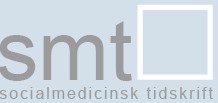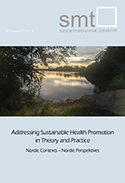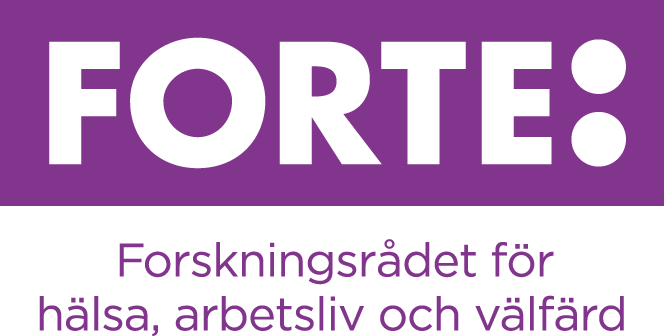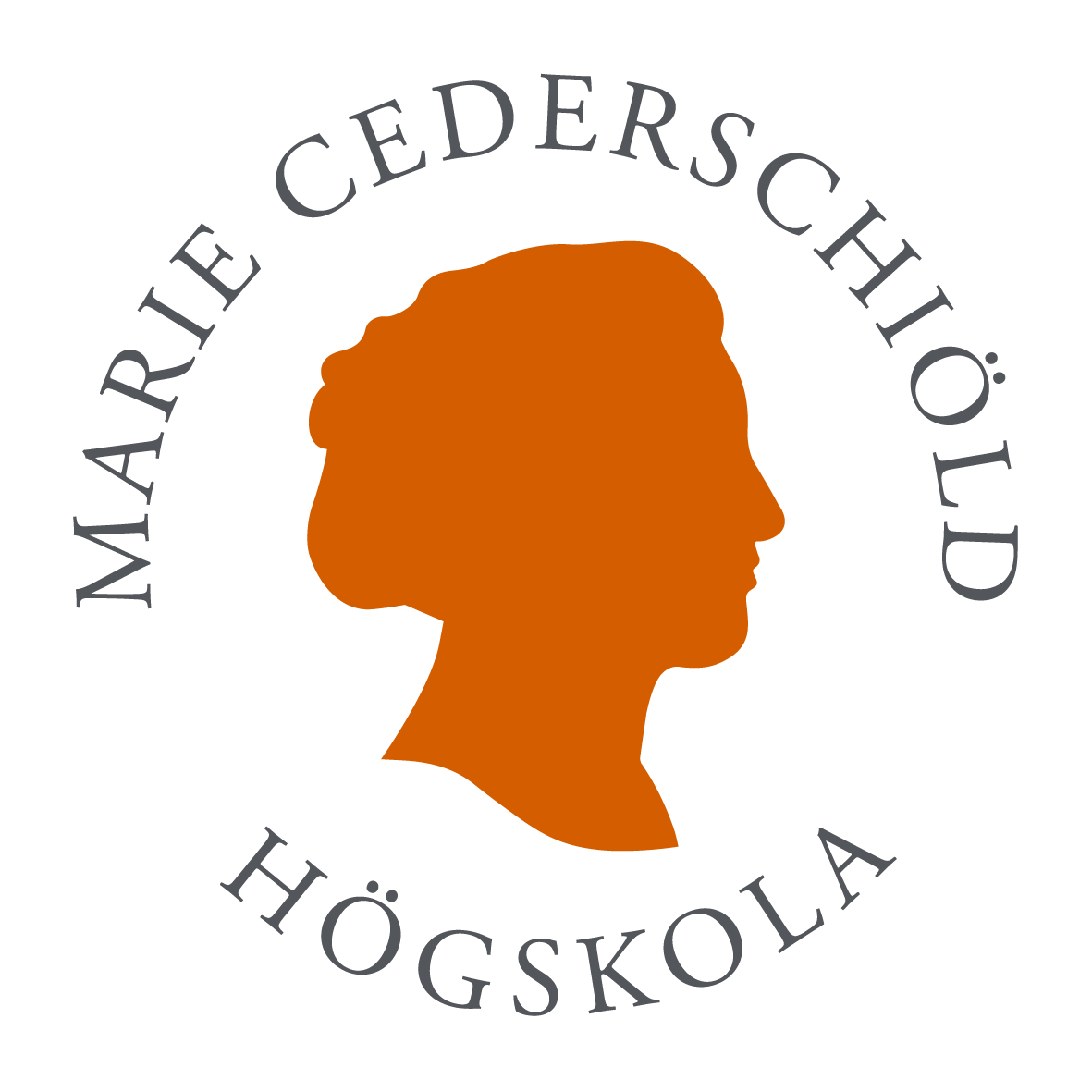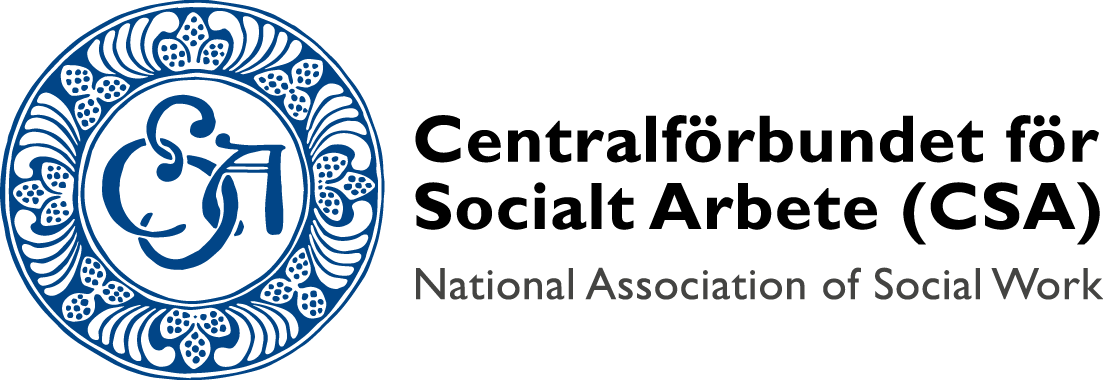State-organized Health Education in Germany – Health Literacy Promotion within Health Compromising Regulations
DOI:
https://doi.org/10.62607/smt.v97i3.38339Nyckelord:
health literacy, migrants, second language courses, health promotionAbstract
Background: Migrants and refugees often have low health literacy (HL), which negatively affects their health. Adult second language courses (SLC) (e.g. in Germany) are suggested as promising settings for improving HL, but empirical evidence is rare.
Aim: To analyse the nature and process of promoting HL in German SLC and to derive implications.
Methods: We systematically analysed the eight latest textbook series approved by the German Government and discussed it considering adult education and health promotion principles.
Findings: The health topics discussed do not cover newcomers’ major health needs. Communicative situations on health are complex and require multiple linguistic skills, most activities do not support an in-depth, critical study of the health content and rarely use assets, e.g. plurilingual and pluricultural competence.
Conclusion: Promoting HL in SLC is possible and recommendable for other countries. However to further unfold its potential, the limiting regulations and conditions must be improved.
Downloads
Publicerad
Referera så här
Nummer
Sektion
Licens
Författare till innehåll publicerat i SMT behåller upphovsrätten till sina verk.
